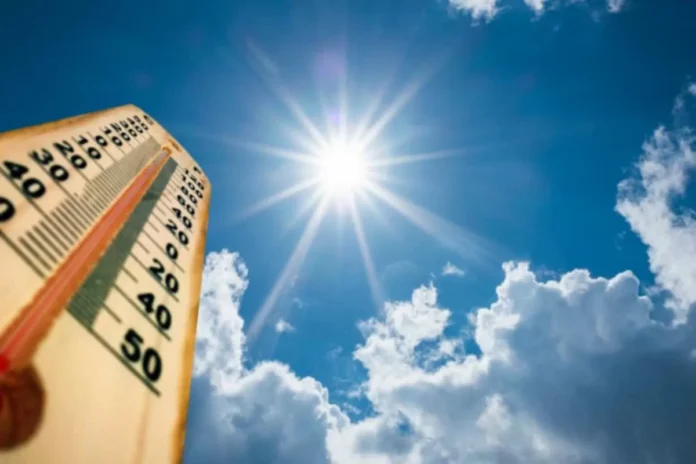As temperatures continue to rise around the world, heat waves have become a growing public health concern. These prolonged periods of extreme heat can have serious consequences on our health, especially for vulnerable populations such as the elderly, children, and those with chronic health conditions. However, with proactive measures and increased awareness, we can significantly reduce the risk of heat-related complications.
The effects of heat waves on our health are not to be taken lightly. According to the World Health Organization, heat waves are responsible for thousands of deaths each year. The most common heat-related illnesses include heat exhaustion, heatstroke, and dehydration. These conditions can range from mild discomfort to life-threatening emergencies, and it is crucial to take preventive measures to avoid them.
One of the most effective ways to combat the effects of heat waves is by staying cool and hydrated. This may seem like common sense, but it is often overlooked. During a heat wave, it is essential to stay indoors in air-conditioned spaces as much as possible. If you do not have access to air conditioning, try to spend time in public places that do, such as libraries, shopping malls, or community centers. It is also crucial to avoid strenuous outdoor activities during the hottest parts of the day and to take frequent breaks if you must be outside. Additionally, wearing loose, lightweight, and light-colored clothing can help keep your body temperature down.
Staying hydrated is also crucial during a heat wave. The body loses a significant amount of water through sweating, and it is essential to replenish it regularly. It is recommended to drink at least eight glasses of water a day, and even more during a heat wave. Avoid sugary or alcoholic beverages, as they can actually dehydrate you. If you are not a fan of plain water, try adding some fruit for a refreshing and healthy twist.
Another proactive measure to reduce the risk of heat-related complications is to check on vulnerable individuals, such as the elderly or those with chronic health conditions. These individuals may have a harder time regulating their body temperature and may not be aware of the dangers of heat waves. A simple phone call or visit can make a significant difference in their well-being.
Increased awareness and education about heat waves and their potential health risks are also crucial in reducing their impact. Governments and health organizations should provide information and resources to the public on how to stay safe during a heat wave. This can include tips on staying cool and hydrated, as well as warning signs of heat-related illnesses. Schools and workplaces should also have protocols in place to protect students and employees during extreme heat.
In addition to individual and community efforts, governments and city planners can also take proactive measures to reduce the impact of heat waves. This can include implementing heat action plans, which are strategies to prevent and respond to heat-related emergencies. These plans can include measures such as providing cooling centers, distributing free water, and increasing public transportation options during a heat wave.
It is also essential to address the root cause of heat waves – climate change. The increasing frequency and intensity of heat waves are a direct result of global warming. It is crucial for governments and individuals to take action to reduce carbon emissions and mitigate the effects of climate change. This can include using renewable energy sources, reducing our carbon footprint, and supporting policies that prioritize the environment.
In conclusion, heat waves are a growing public health challenge, but with proactive measures and increased awareness, we can significantly reduce their impact. Staying cool and hydrated, checking on vulnerable individuals, and increasing awareness and education are all crucial steps in protecting ourselves and our communities during a heat wave. Let us all do our part in mitigating the effects of heat waves and addressing the root cause of this issue. Together, we can create a safer and healthier world for ourselves and future generations.

